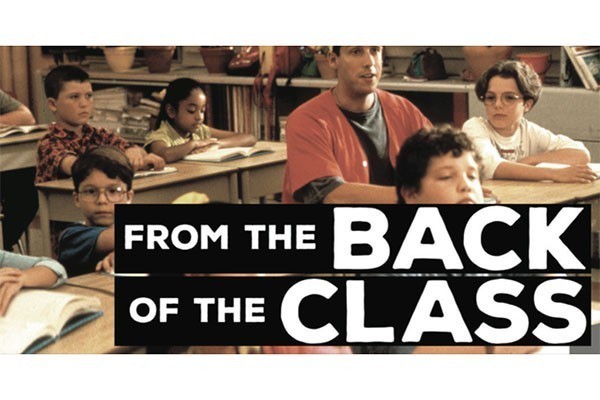This year marks the 800th anniversary of the signing of Magna Carta at Runnymede on the banks of the Thames in 1215 AD. If somehow this momentous occasion has slipped your mind, here’s a recap.
The Magna Carta was essentially a peace treaty between the barons and “Bad” King John, who you may remember as the snivelling lion from Disney’s Robin Hood (you know, the film with all the American animals knocking around thirteenth-century England). Anyway, as a peace treaty it sucked and civil war broke out once again just a few months later. However, as a symbolic and legal document, it has a great legacy.
It was the first attempt by “we the people” to curtail the power of a feudal monarch and make it so that no one was above the law. Up until this point, only God was above the King, and God conveniently spoke through one guy in Rome who kindly agreed not to mess about with the King’s temporal power so long as it suited the Church’s own political machinations. This meant that King John could do all sorts of things like levy enormously oppressive taxes for wars (which he then lost) and then levy more taxes to pay for having lost them. King John also kept trying to bang his barons’ wives, which was considered poor form.
The barons got together and drafted a document. Clause 61 stated that if the King was being a dick, they had a lawful right to break their feudal oaths and rise up. This, like most of the Magna Carta, is now redundant because of new legislation like the Human Rights Act and changes in time. However, three clauses remain active: one preserves the rights and liberties of the Church; one does the same for the City of London; the third, and most famous, grants all “free men” the right to justice and a fair trial. Free men at the time were only a very small proportion of the medieval population. But over time, this was expanded and reinterpreted as applying to all people and granting them the protection of the law and due process.
Although the document is old and largely inactive, it is a symbol of freedom and justice that has inspired great leaders and thinkers like Gandhi and Thomas Jefferson. As Dennis Denuto said in The Castle, “it’s just the vibe of the thing”.







